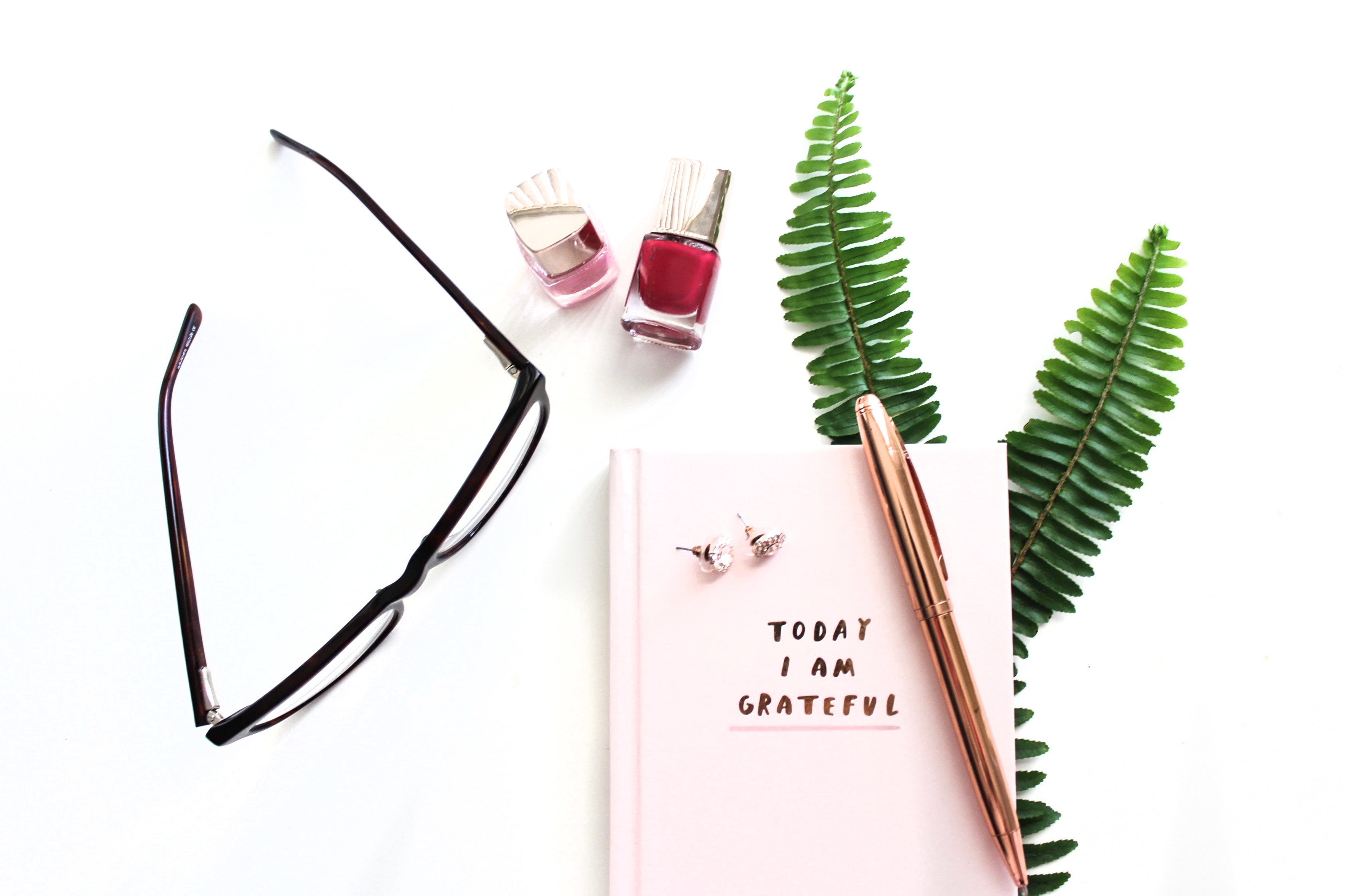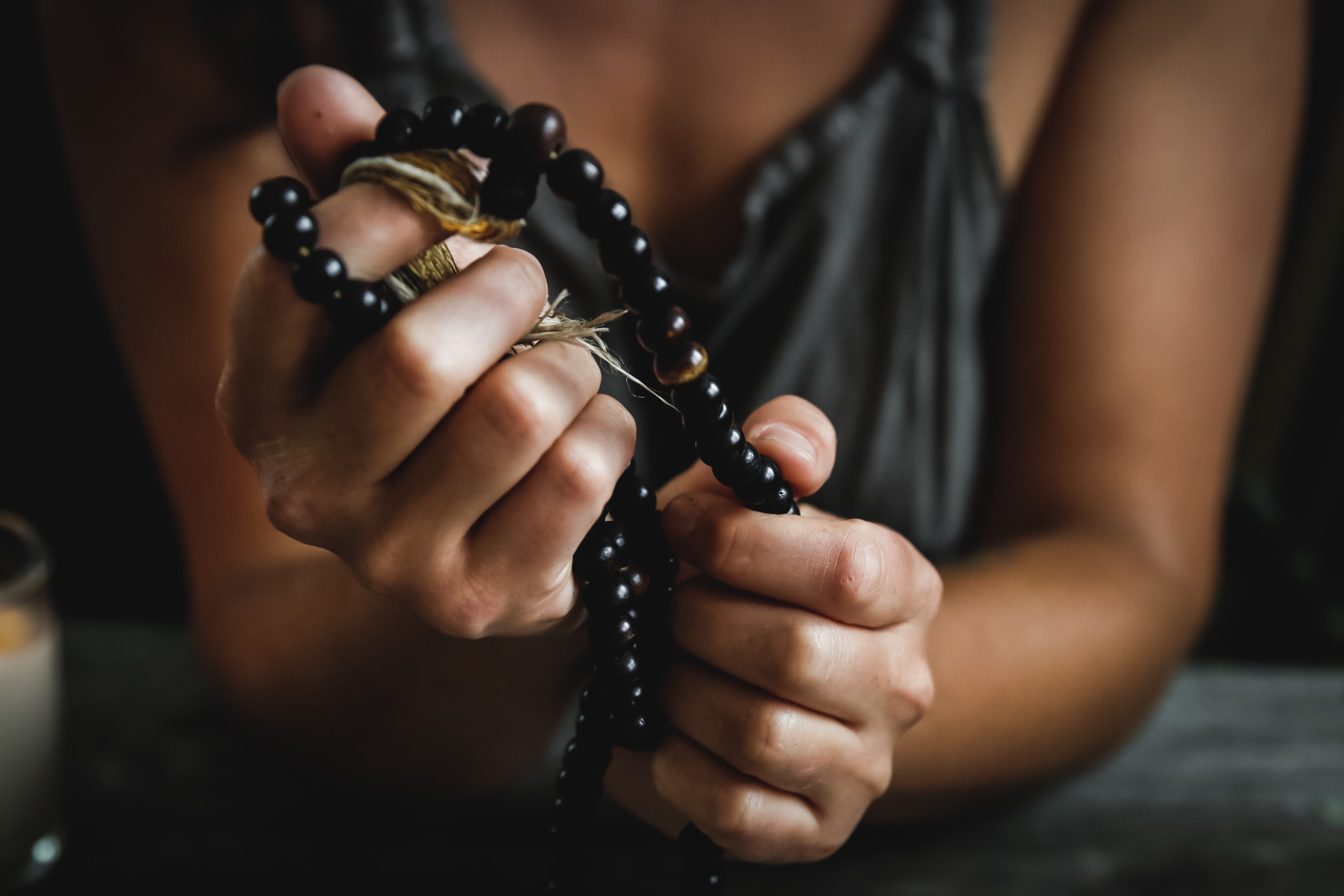
Self-care is trending in wellness, self-help, and business and anyone from The Oprah Magazine to Forbes offers advice on self-care practices and rituals. There are even podcasts dedicated exclusively to self-care. We know that self-care practices contribute to feeling better, improve our self-awareness and self-confidence, leave us with more energy and calm, and overall contribute to our well-being. Our health, relationships, work, productivity, creativity all depend on making time for us. Self-care is not selfish; it’s essential. Why then, according to PubMed:
“Only 6.6% of Americans 25 years of age and older engaged in health-related self-care each day.”
PubMed
Why isn’t self-care a priority?
More than one in four Americans (28%) say they feel guilty when practicing self-care. So why don’t most people practice self-care? Turns out people believe thy don’t have time for it (44 percent) or they don’t have the money for it (35 percent). (Source: Harris Poll)
With this in mind, Unhustle® has the following self-care recommendations that are specifically for people who lack the time (isn’t this everybody these days?) and include a minimum financial investment.
Self-care is a right, not a reward.
Self-care is an all-encompassing mind-body-spirit connection affecting all aspects of holistic well-being – physical, mental, emotional, and spiritual. It may come as a surprise to learn that factors outside the doctor’s office determine as much as 80 percent of someone’s health. 9 out of 10 physicians say that self-care is important to overall health, yet 43% of people say they have more important things to do. (Source: Harris Poll). Self-care means taking responsibility for your health.
So if you want to stay away from the doctor’s office, you awe it to yourself to put self-care high on your todo list — no more guilt for taking care of your health.
Self-care practices for people who are short on time
Breathe
Breathwork affects heart rate, blood pressure, and cortisol commonly referred to as the stress hormone. From box breathing to 4-7-8 breathing to Wim Hof breathing, or alternate nostril breathing, it only takes a few minutes to engage in breathing. You can do it anywhere, anytime.
Meditate
Sit comfortably, close your eyes, and focus on your breathing. You can do this anywhere, anytime, as long as you are not driving.
Here’s a 1-minute meditation from Tara Brach:
Get comfortable and close your eyes.
Listen.
Coming into stillness, take some time to scan your body and just see what wants to relax, to let go a little.
You might take a full, deep in-breath, filling the chest, filling the lungs, and a slow out-breath, feeling the sensations of the breath as you release. And again, a deep in-breath, and a slow out-breath, letting your breath, then resume in its natural rhythm, opening to your senses, feeling the breath in the foreground, and relaxing with the background of sensations, sounds, feelings, and life.”
Laugh
Laughing helps reduce stress, relaxes the body, elevates your mood, lowers blood pressure, connects you to others, and fosters relaxation and relationships. One minute of laughing burns the same number of calories as 6 to 10 minutes on a treadmill.
Self-care practices if you have a few minutes
Dance
Put your favorite music on, kick your shoes off and start dancing. It will boost your mood and energy, and moving your body will help you feel better. Besides being a great cardio workout, dancing can improve cardiovascular health, increase stamina, strengthen bones and muscles, and stave off illnesses. Dancing can even help you keep your brain sharp. To see the many benefits of dancing, check out this article.
Color
Coloring helps you get into a meditative state. It will help you lower your stress level, aid relaxation, boost creativity, and even help you improve sleep and attention span. Get the pencils out and color a book.
Play with your dog
Taking time to play with your dog means you stay active, get sick less often, you’ll have better heart health, you’ll be less stressed out and exercise more. All good reasons to spend more time with your pooch plus they’ll love it.
Journal
Journaling is a self-care practice that takes little time and money. Studies show that journaling helps with sleep difficulties, lower cardiovascular-related inflammation, manage stress, and alleviate depression. Here are some of my favorite journals to explore, in addition to my favorite Bullet Journal.
Self-care practices when you have an hour
Exercise
Got an hour? Hit the gym, or stay home and do some yoga, strength training, or TRX.
Go for a walk outside
Get some fresh air and sunshine and practice mindfulness by observing nature.
Read
Grab a new book or a favorite old book and read. Reading helps with mental stimulation, stress reduction, knowledge, memory improvement, stronger analytical skills, improved focus, and concentration. Plus, you’ll get lost in the story (hopefully it’s a good book) and forget about your todo list.
Call an old friend
Reconnect with an old friend in the real world instead of using social media.
Self-care exercises for half a day
Act like a tourist
Explore your own town and act like a tourist. Get curious and pretend you’ve never been here before. Discover something or visit a popular tourist attraction. It’s good to see your own town from the eyes of a tourist.
Simplify your schedule
Most of our stress is self-induced with too much going on and too much to do. Take ½ a day to simplify your schedule and eliminate the things that overwhelm you.
Self-care exercises for a day
Unplug
Take a day off from technology and disconnect from your devices. Put the phone on airplane mode, and don’t touch your laptop. Give your mind the chance to recover from all the noise and information overload. If you can’t do it for a day, see if you can do it for an hour. Disconnecting will help you go from FOMO (Fear of Missing out) to JOMO (Joy of Missing out). Considering, we are addicted to technology, we need to treat it as an addiction and take intentional breaks from it.
Self-care practices for multiple days
Take a vacation
Gallup states that in the U.S., 6 out of 10 Americans actually take their vacations. Completely disconnecting from the office is useful for your health, productivity, and creativity. I wrote more about the topic of vacation on the Unhustle blog.
Start a new hobby
Create time to work on something that brings you joy. It will put you in a good mood and make you happier.
Self-care practices for someone short on money

DIY home spa
From DIY manicure and pedicure to facial, massage, hair masks, or teeth whitening, DYI spa treatments don’t cost an arm and a leg. For most of them, you probably already have everything you need at home. Have an egg at home? Try this facial on and see how your skin feels.
Opt outside
Go outside and connect with nature and sunlight. Harvard Medical School states that going outside benefits your Vitamin D levels, boost happiness, improves concentration, and even helps you heal faster.
Help someone out
“Serve others and do good”
Aristotle
Help someone with your time, skills, talents, and experience the benefits of volunteering. In a time when we all hustle and lack time, making time for volunteering is even more difficult, yet 25% of Americans find time to do it regularly. Volunteering is not only good for the cause or the person but also for the person volunteering. Science shows that volunteering can help with stress reduction, combating depression, and providing a sense of purpose.
Amid all the hustle, holidays, and plans for the new year, self-care gets pushed further down the priority list. But we need to remember that self-care is not selfish. Self-care is essential. We need to take care of our physical, emotional, spiritual well-being so we can show up in the world in our optimal state.


